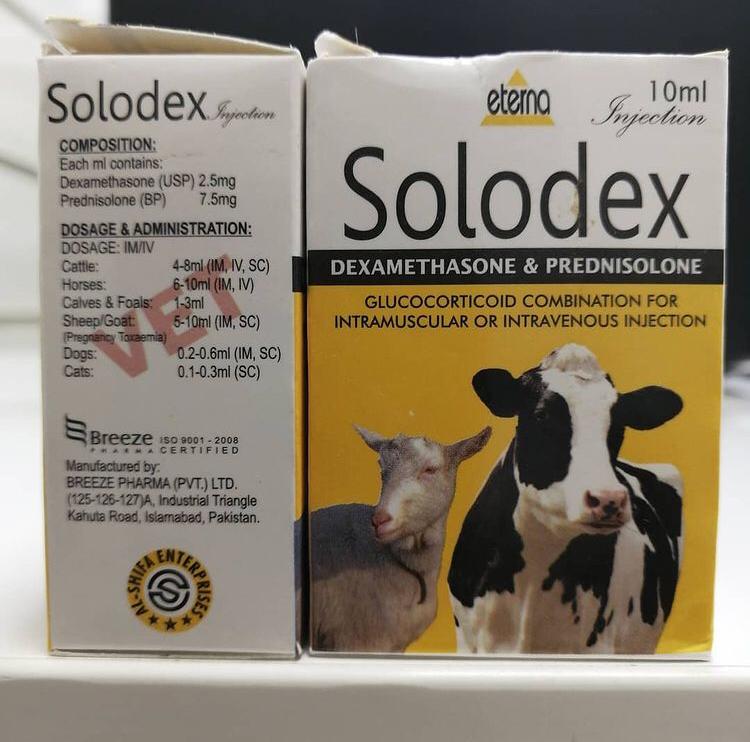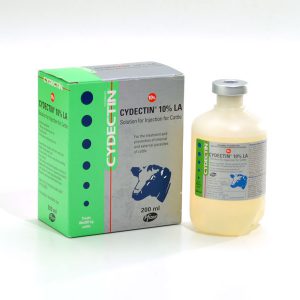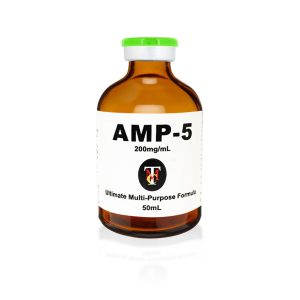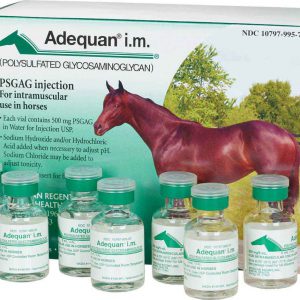Solodex is a glucocorticosteroid. This medication Inhibits the function of leukocytes and tissue macrophages. Solodex restricts the migration of leukocytes in the area of inflammation. This drug violates the ability of macrophages to phagocytosis and the formation of interleukin-1. Solodex decreases capillary permeability caused by histamine release. This medicine inhibits the activity of fibroblasts and collagen formation.
Solodex inhibits the activity of phospholipase A2, which leads to suppression of the synthesis of prostaglandins and leukotrienes.
With direct application to the vessels this drug has a vasoconstrictor effect.
Solodex has a pronounced dose-dependent effect on the metabolism of carbohydrates, proteins and fats.
In high doses Solodex may increase the excitability of brain tissue and contributes to lowering the threshold of convulsive readiness.
With systemic use of therapeutic activity of Solodex is due to anti-inflammatory, antiallergic, immunosuppressive and antiproliferative action.
For external and local use of therapeutic activity of Solodex is due to anti-inflammatory, antiallergic and antiexudative effect.
Pharmacokinetics
The plasma protein binding is 60-70%. This medication penetrates histohematic barriers. In a small amount it is excreted in breast milk. metabolized in a liver. T1/2 is 2-3 hours. This drug is excreted by kidneys.
When applied topically in ophthalmology it absorbed through the cornea with intact epithelium in moisture anterior chamber. When inflammation of the tissues of the eye or mucosal damage and corneal absorption rate of significantly increased.
Why is Solodex prescribed?
For oral administration: Biermer’s disease; acute and subacute thyroiditis, hypothyroidism, progressive ophthalmopathy associated with thyrotoxicosis; bronchial asthma; rheumatoid arthritis in the acute phase; ulcerative colitis; connective tissue disease; autoimmune hemolytic anemia, thrombocytopenia, aplasia and hypoplasia of hematopoiesis, agranulocytosis, serum sickness; acute erythroderma, pemphigus, acute eczema (early treatment); malignant tumor (as a palliative therapy); congenital adrenogenital syndrome; cerebral edema (usually after a preliminary parenteral corticosteroids).
For parenteral administration: shock of various origins; swelling of the brain (with brain tumors, head injury, neurosurgical intervention, brain hemorrhage, encephalitis, meningitis, radiation damage); asthmatic status; severe allergic reactions (angioedema, bronchospasm, dermatosis, acute anaphylactic reaction to medication, transfusion serum, pyrogenic reactions); acute hemolytic anemia, thrombocytopenia, acute lymphoblastic leukemia, agranulocytosis; serious infectious diseases (in combination with antibiotics); acute adrenal insufficiency, acute croup; arthropathy (scapulohumeral periarthritis, epicondylitis, styloiditis, bursitis, tenosynovitis, compression neuropathy, osteochondrosis, arthritis of various etiologies, osteoarthritis).
For use in ophthalmic practice: not purulent and allergic conjunctivitis, keratitis, keratoconjunctivitis without damaging the epithelium, iritis, iridocyclitis, blefaroconjuntivitis, blepharitis, episcleritis, scleritis, inflammation of injuries and eye surgeries, sympathetic ophthalmia





Reviews
There are no reviews yet.